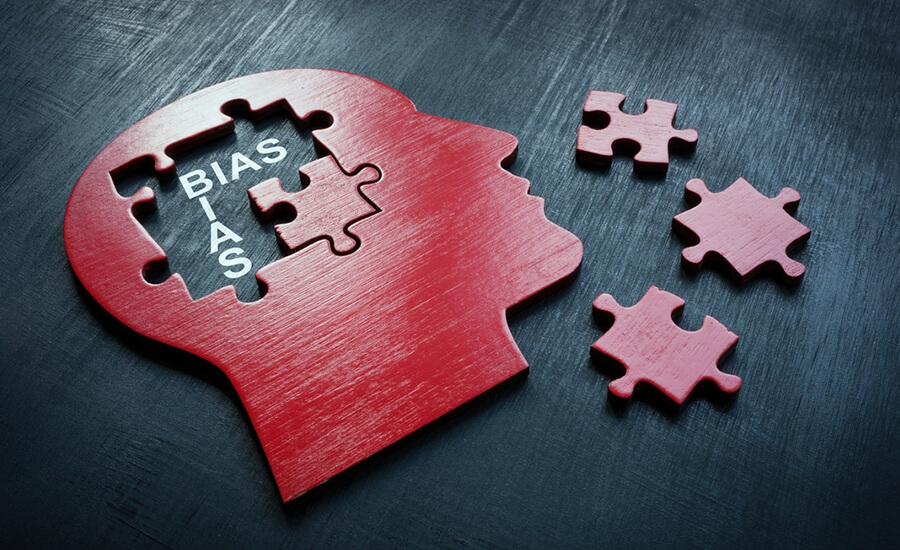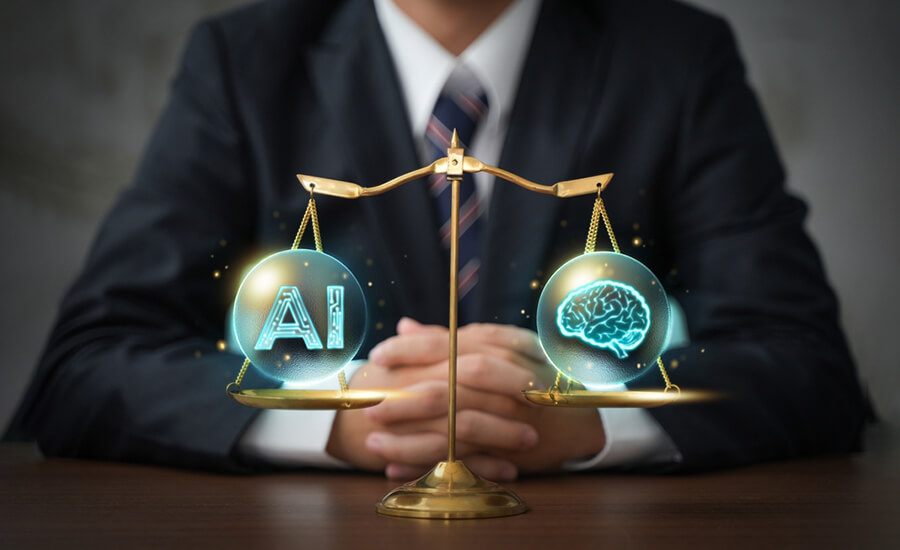Artificial Intelligence (AI) is deeply embedded in the fabric of our modern world, influencing every sphere from healthcare and finance to entertainment and communication. However, as AI systems learn from the data they’re fed, they can inadvertently mirror and amplify human biases. These biases, whether in the form of skewed data or prejudiced programming, can lead to unfair outcomes, making it a significant issue that demands our attention.
When we consider AI through the lens of a human worldview, it becomes apparent that its fairness is not merely a question of technology, but of ethics and social responsibility. The fairness of AI is a matter of creating technology that reflects our shared human values of equality, justice, and respect for diversity.
The first step in mitigating bias in AI is recognizing its existence. Bias can enter AI systems in various ways. For instance, an AI system trained on data that under-represents certain demographic groups can lead to discriminatory outcomes against those groups. Similarly, the personal biases of the developers who design and program these AI systems can unconsciously influence their behavior.
Once we acknowledge the potential for bias, we can take steps to minimize it. Transparency is key here. AI developers should be transparent about their AI models: the data used to train them, the assumptions made during the model-building process, and the potential limitations of their systems. This level of transparency enables the identification and rectification of biases, contributing to the development of fairer AI systems.
However, technical solutions are only part of the answer. AI is a reflection of our society, and as such, addressing bias in AI is a socio-technical challenge. It requires the engagement of a diverse group of stakeholders, including ethicists, sociologists, community representatives, and those who could be affected by AI systems.
It’s important to remember that AI, like any other tool, is as good or bad as the humans behind it. If we, as developers, users, or policymakers, prioritize fairness and actively seek to minimize bias, we can build AI systems that benefit us all equally.
It’s clear that the pursuit of fairness in AI is not a destination but a journey, an ongoing process of learning, improving, and adapting. As we move forward, we must continually assess and adjust our AI systems, ensuring they reflect our evolving understanding of fairness.


As we strive for a future where AI plays an even larger role in our lives, our goal should not be just technically efficient systems but systems that are also ethically sound and socially equitable. This human-centered approach to AI will ensure that as we advance technologically, we do not compromise on the shared human values that bind us together.

